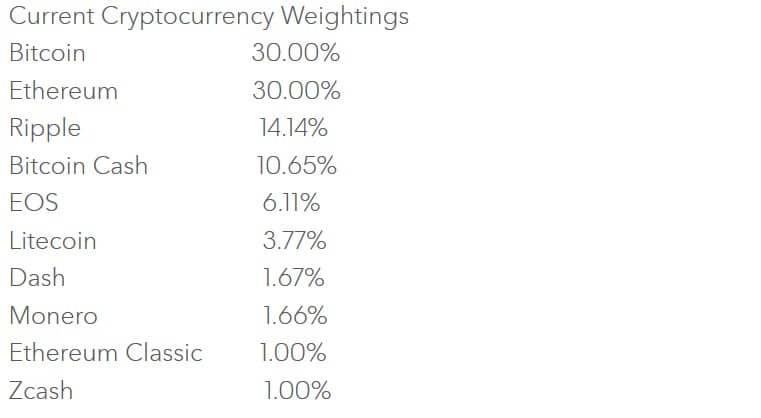On Twitter, a crypto analyst named Ansgar Dietrichs mentioned how Vitalik had been encouraging account abstraction for ages. The cryptocurrency enthusiast thinks this should be a major focus right now.
Vitalik Buterin’s account abstraction Idea
Ansgar contends that EOA self-custody is too difficult for many normie users to be practical. He believes that smart contract wallets with strong standards are necessary to support initiatives like social recovery. The analyst said:
“Since EOA self-custody is sufficient for power users and centralized exchanges appeared sufficient for less experienced users, I believe we have become too complacent. They were and aren’t; it turns out.”
Since it seems like a losing cause to have it done on L1, and users of L1 long-term are likely sophisticated enough to use MPC or Gnosis, a user on Twitter enquired about his thoughts on this being done outside the EVM/Mainnet.
Mr. Dietrichs remarked that he believed they were on the right track with EIP-4337. He has worked extensively on EIP-2938, essentially the enshrined parent version, and he still believes that amending it could be beneficial, but EIP-4337 is the most practical course of action. The Cryptocurrency Guru also thinks that L2s would make an ideal testing ground for that.
What is Account Abstraction?
Account abstraction, in summary, entails opening up the permission logic of a transactional operation so that users may build accounts with any authentication logic they choose, in addition to allowing the implementation of a transaction to be infinitely complicated computing logic as described by the EVM.
A trade can only ‘start from’ an Externally Owned Account (EOA) at this time, and EOAs can only be authorized using an ECDSA signature. Account abstraction enables transactions to originate from accounts with various authorization standards, such as multisigs, additional cryptographic algorithms, and more intricate structures like ZK-SNARK validation.
Account Abstraction Motivating Use Cases
As mentioned earlier, Smart contract wallets with many signatories and other applications (e.g. social recovery). Such wallets necessitate an uncomfortable setup where a secondary account is used to keep a small amount of ETH to cover transaction costs, gradually replenishing that account.
Encryption methods besides ECDSA. It is possible to use Schnorr signatures, BLS signatures, other curves, and quantum-proof algorithms like Lamport/Winternitz.
As the validation of the evidence would be integrated into approval logic and made a requirement of fee payment, privacy solutions would no longer need’ relayers.’
On-chain DEXes and similar schemes, where multiple transfers from numerous users are frequently made to take advantage of the same arbitrage opportunity, currently need more efficiency since many unsuccessful transactions are still published on the chain. However, with abstraction, it is feasible to ensure that unsuccessful transactions are not included on the chain, enhancing gas’s overall effectiveness.
Account Abstraction is promising
Account abstraction has countless applications. Thanks to this network improvement, account abstraction will entice more individuals to check out cryptocurrency and blockchain because security has been boosted. By transforming accounts into smart contracts, account abstraction will be able to separate the signer from the account. The accounts’ internal logic will specify what constitutes a legitimate transaction. The transaction will be valid as long as the account (now a smart contract) uses a particular interface and complies with the rules of established methods to validate and execute transactions. It certainly does sound wonderful.
Sourced from crypto.news.
Written by on 2022-11-13 10:23:59.










